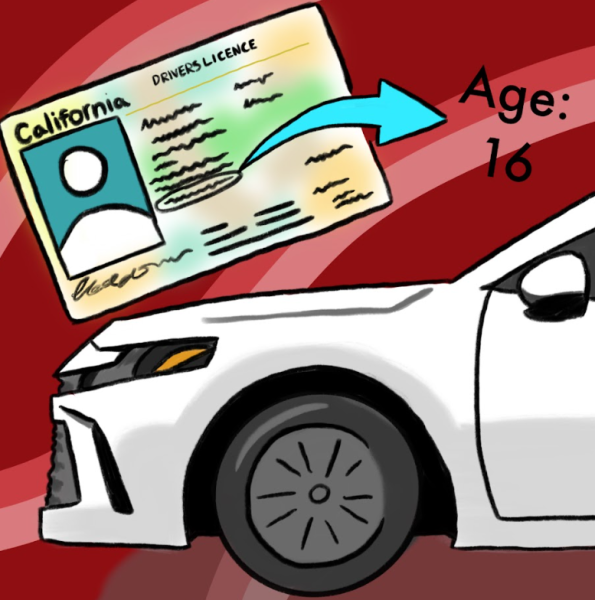Choice Overload: How to make the “final decision”
Getting ice cream during the summer has been a fun treat since I was a kid. Walking up to the freezer section at the grocery store with dozens and dozens of options, I never knew which one to get. After several minutes of searching, I could only rule out a few flavors. Eventually, instead of picking something new, I would get a flavor I had bought before. On the drive home, I would think to myself, was that the best flavor I could have gotten? Although picking out an ice cream flavor is tremendously trivial, it highlights the importance and dangers of decision-making. If you ever have had this type of experience where you are exhausted even making a day to day decision, there is a name for this; according to the American Medical Association, this is known as “decision fatigue.”
Firstly, too many choices can lead to “decision fatigue.” When faced with numerous options, I become indecisive and struggle to choose. Think about a multiple-choice test; while not as minor as picking ice cream, you usually find yourself stuck between two different answer choices. After some time, you will gravitate towards one answer, that is, after second-guessing yourself many times.
Furthermore, having too many choices can make you feel dissatisfied and stuck. Consider picking out music or the next show you’re planning on watching; you may feel torn depending on various factors: genre, fan reception, actors and actresses, etc. We might constantly compare our decision to the other possibilities, which can create a feeling of regret or wanting to choose another, even if our choice is completely fine. What can be done to help make that “perfect” decision?
When put into this sort of situation, I recommend first reducing the number of options available. For multiple-choice tests, there are typically one or more answers that can be quickly eliminated as they are clearly not correct. While doing elimination will still leave remaining choices, deciphering between two or three different options is much more manageable than before. From there, usually go with your first selected answers unless you are not satisfied and have solid reasoning why another option is more correct.
Regarding lifelong decision-making, researching and reaching out to others can be a great place to start. Reach out to upper-level students or those who have already undergone your planned path, as they can give their actual experiences and honest recommendations. Online resources can also be good, as long as they share similar anecdotal advice made to help you. More minor decisions like picking out songs or the next show you want to watch can also use these methods. For example, eliminating less well-received artists and directors can quickly shrink your “deciding list.” After that, reach out to friends for a good synopsis and acknowledge any of their additional suggestions.
Whatever your final decision entails, no matter how big or small, be aware that you may have not made the “perfect-choice,” but certainly the best one for you.

A supernatural force from that Spider-Man door pulled me in again. Am I still excited? Of course.
Hello Royals, my name is Aaron Limb, and I will be...








